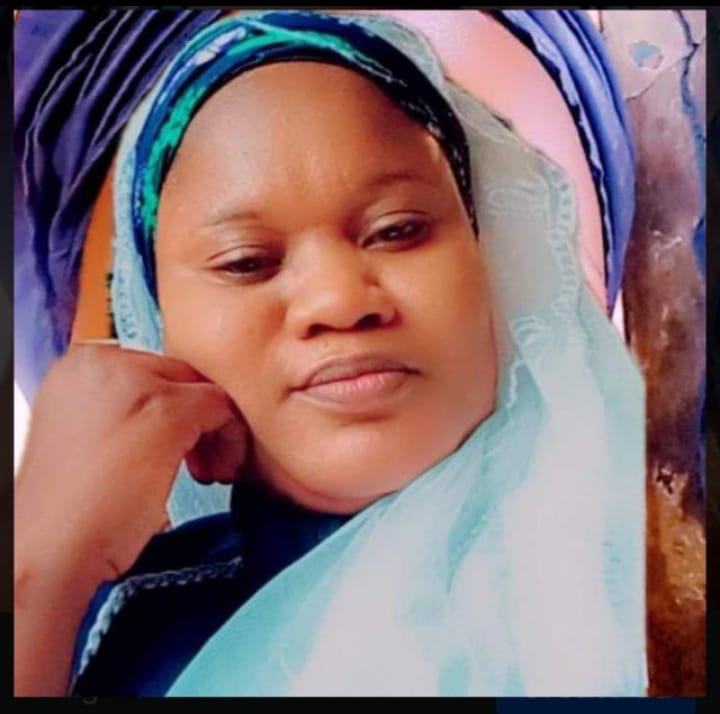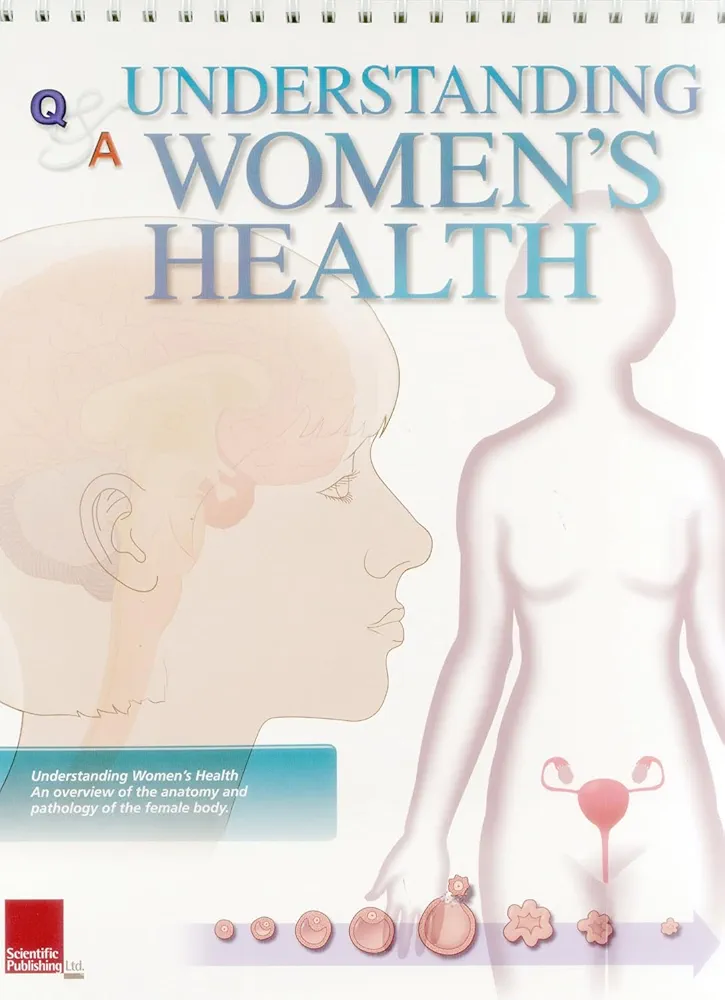Battling Stigma and Finding Support By: Oreoluwa Dikko

Battling Stigma and Finding Support

Last week, I took you on a journey into the inner sanctum of the female body a divine creation that bears life, endures pain, and whispers truths we often choose to ignore. We talked about Mama Bisi’s silent struggle with fibroids, Patience’s battle with endometriosis, and Adenike’s breast cancer scare that came too late. That piece was a mirror, and many women saw their reflections in it. But beyond the medical diagnoses and delayed treatments lies a more sinister enemy “stigma”.
Let’s not beat about the bush, stigma is a thief. It robs women of their voice, their confidence, and, sometimes, their lives. It comes cloaked in judgement, laced with cultural expectations, and fuelled by silence. And unlike some illnesses that knock before they enter, stigma slithers in unannounced and makes itself comfortable in our homes, our workplaces, even our religious spaces.
Take the case of Halima, the teacher I mentioned last week, the woman who cried every morning in the shower. Her tears weren’t just from exhaustion; they were soaked in fear and shame. “If I say I’m tired, they’ll call me lazy. If I say I’m overwhelmed, they’ll say I’m weak,” she whispered, her voice breaking like dry twigs underfoot. She didn’t want her family or colleagues to think she was “losing it.” So, she wore strength like a badge and kept marching on… until she could no longer.

Why is it that when a woman says she is not okay, society asks her to pray harder, not seek help?
Mental health in women is often treated as an afterthought, especially in our communities. Depression is seen as a spiritual attack, anxiety dismissed as overthinking. A woman dealing with postnatal depression is quickly labelled as being ungrateful for motherhood. A wife battling emotional breakdown is told to “endure for the sake of her children.” Sùúrù l’èrè—they say. Patience is indeed a virtue, but should it come at the cost of one’s sanity?
Let’s talk about another silent struggle: infertility. In a society where a woman’s worth is too often tied to her womb, being childless is almost like wearing a scarlet letter. I remember Bisola, a brilliant lawyer based in Ibadan. Married for six years without a child, she once told me she dreaded family functions more than court hearings. “The stares, the whispers, the pitying eyes.. they eat me alive,” she said. Even though medical reports showed the issue was from her husband, she bore the shame alone. Why? Because in our culture, obìnrin lón gbè àgbélébùú, it’s the woman that carries the burden, even if it’s not hers to bear.

Stigma also shows up when women contract sexually transmitted infections. Many are infected by unfaithful spouses but dare not speak up for fear of being called promiscuous or disrespectful. I know of Kemi, a hairdresser in Ilorin, who discovered she had an STI after months of strange symptoms. When she confronted her husband, he barked, “You must be the one sleeping around!” Rather than support her, he threw accusations like darts. Kemi stopped treatment halfway and resorted to herbs. Her condition worsened. When I saw her last, her eyes were sunken, her skin pale, and her spirit is almost gone.
The same stigma haunts women with chronic illnesses. Women living with HIV, diabetes, high blood pressure, or even cancer sometimes choose secrecy over support. They would rather hide their medications than have people ask questions. But in hiding, they lose the chance to heal holistically. The truth is, you cannot conquer what you refuse to confront.
So, how do we turn the tide? How do we battle stigma and find support, even in a society that sometimes prefers silence to truth?
First, we must reclaim our stories. There is power in speaking out. When women share their journeys: warts and all, it chips away at the wall of shame and gives others the courage to do the same. I remember the day Ibukun, a fashion designer from Sango-Ota, opened up at a women’s conference about her journey with bipolar disorder. The room fell silent at first. Then, applause followed. Her honesty was refreshing, her courage contagious. By the end of the event, four women had walked up to her privately to say, “Me too.”
Secondly, we must normalise seeking help. Going to therapy, seeing a gynaecologist, getting screened for breast cancer, or attending support groups should be as normal as going to the salon. We owe it to ourselves to treat our health physical, mental, and emotional with the same urgency we give to our finances, fashion, and family duties.
Don’t give more strength to shame than to truth.
It’s high time we created safe spaces where women can breathe, weep, laugh, and heal without fear of judgement. Churches, mosques, community centres, and even WhatsApp groups can become sanctuaries of sisterhood. A problem shared, they say, is a problem halved. Women must learn to lift one another, not pull each other down. The culture of “what will people say?” has silenced too many voices. It’s time to flip the script and ask, “What will happen if I don’t speak?”
Let’s also encourage men to be allies. A husband who listens, a brother who supports, a father who believes in his daughter’s strength beyond her womb; these men exist, and we need more of them. Let them be part of the healing, not the hurt.
Above all, let us teach our daughters early. Teach them to honour their bodies, to trust their instincts, to speak up when something feels off. Let them know that silence is not golden when it comes to health. Tell them about periods, pain, protection, and peace of mind. Break the myths. Uproot the lies. Replace them with truth, compassion, and knowledge.
As we round off, let me remind every woman reading this: you are not alone. You are not mad for feeling tired. You are not weak for seeking help. You are not dirty for contracting an illness. You are not cursed for battling infertility. You are not broken because of your scars. You are human. You are worthy. And you deserve healing not just in body, but in soul.
In the words of Maya Angelou, which bear repeating: “Each time a woman stands up for herself, she stands up for all women.” Let this week be the one you stand, not in shame, but in strength. Not in silence, but in solidarity. Because truly, battling stigma begins with knowing you are not alone and that support is never too far away.
Let us rise. Let us speak. Let us support. Because women’s health still matters. And now more than ever, so does women’s healing.
Falilat Oreoluwa Dikko, author and public affairs analyst writes from Lagos Nigeria 18th April 2025



